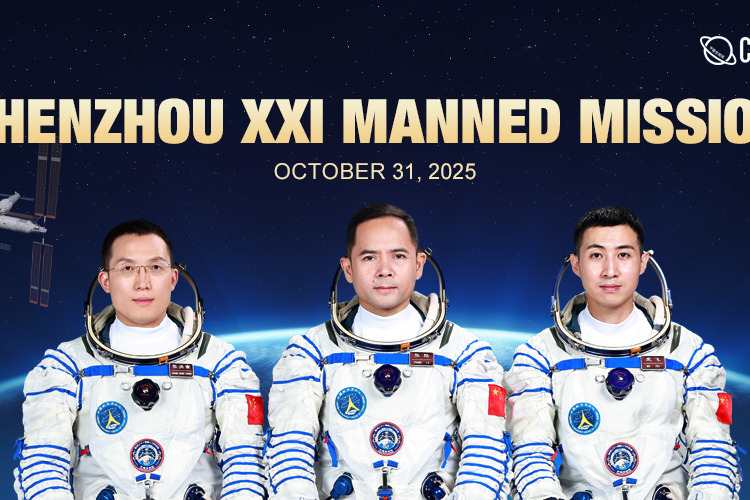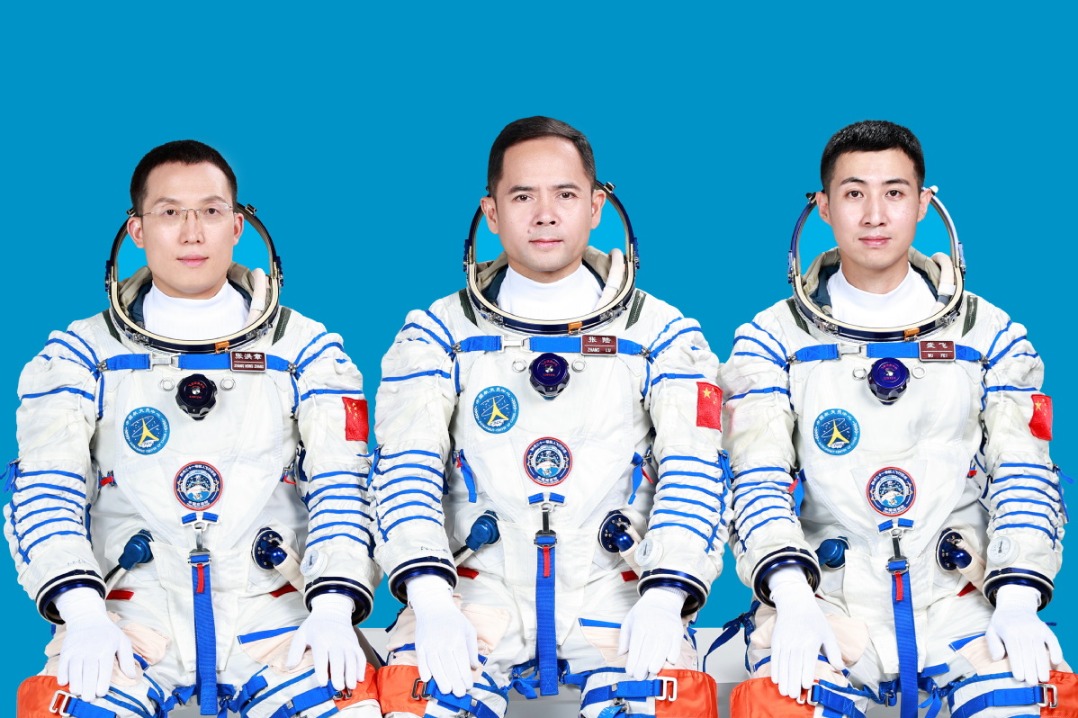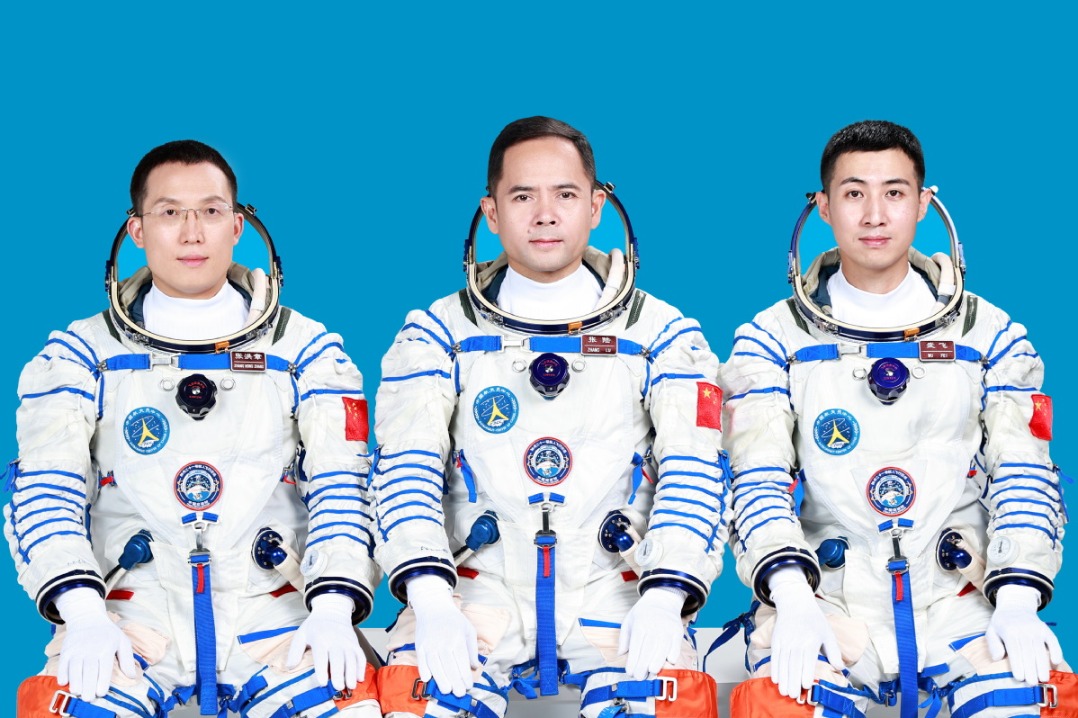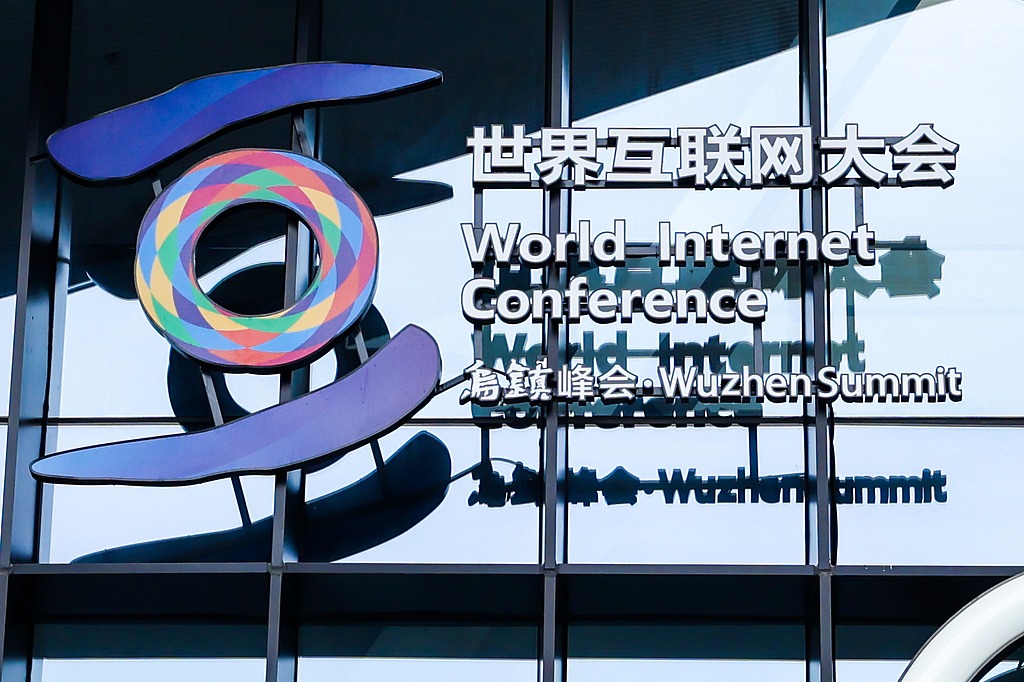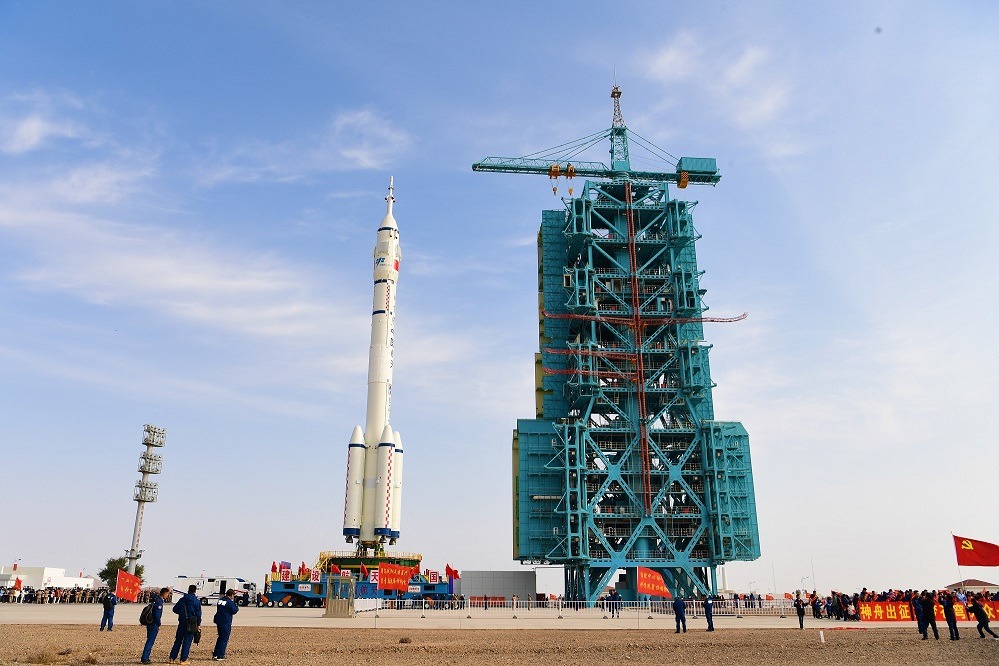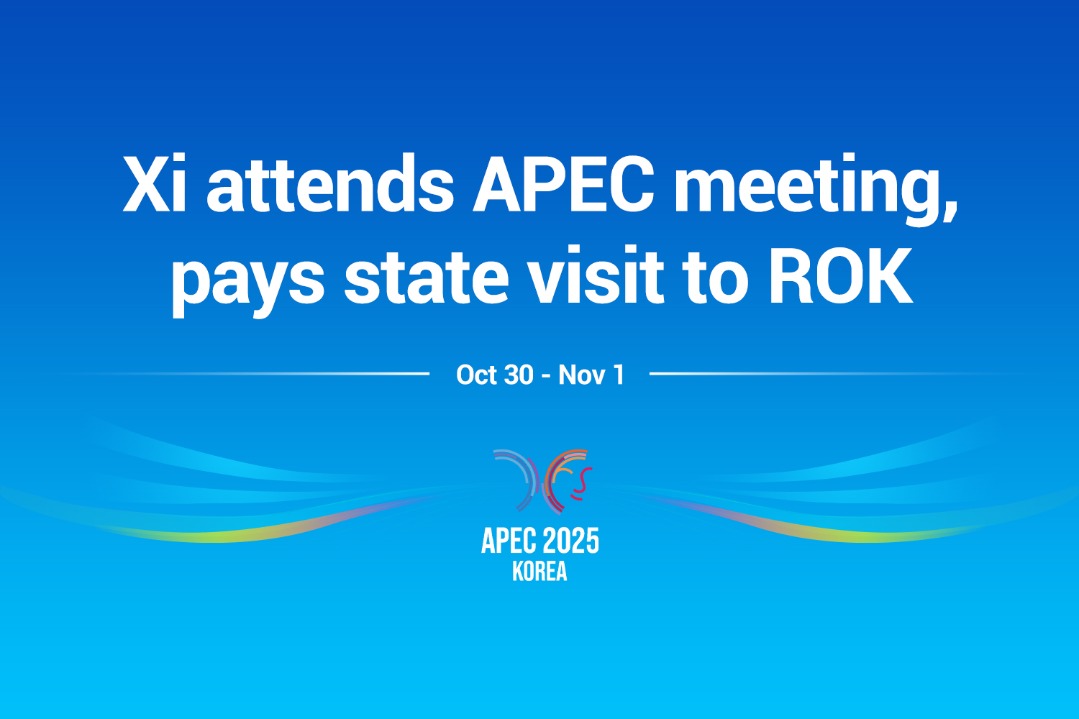Creativity: The true engine of progress
Zheng Yuhuang's coauthored book argues that while AI accelerates production, only human innovation can drive real transformation, Yang Yang reports.


If there is one area where artificial intelligence cannot surpass human beings, it is creativity, which AI inherently lacks, says Zheng Yuhuang, the coauthor of the recently published book Chuangzaoli (Creativity) by Tsinghua University Press.
"Creativity involves bringing something entirely new into existence, inventing what hasn't been seen before," he notes.
Can AI invent something entirely new? Zheng's answer is "no".
"AI can only build upon what already exists — what humans have invented and the frameworks we've established. Its role is to enhance these creations, boosting efficiency and accelerating processes," he further explains.
"Creativity is something AI can never replace in humans," he adds.
Last year, Zheng left Tsinghua University, where he completed undergraduate studies in 1998 and had taught at the Department of Marketing since 2008. His books about marketing and self-help include Dushu Gaibian Mingyun (Education Changes Destiny), an autobiography telling how Zheng, born in a rural area in East China's Fujian province, changed his destiny through hard work and education.
Creativity is a book Zheng coauthored with another writer, Jiang Kunyi, who has a master's degree in applied economics from the University of California, Los Angeles. The book is based on research Zheng led from 2015 to 2018, supported by the National Natural Science Foundation of China about the influencing factors, underlying mechanisms and management insights of individual creativity.
Several factors influencing creativity explored in the book include whether a well-organized desk or a messy one is more conducive to creative thinking, the impact of rule-following on creativity and why multicultural experiences can enhance creative abilities.
Recommending the book, Jackson Lu, a tenured professor at the Massachusetts Institute of Technology, says that in today's rapidly changing world, with AI's rise, creativity is a key personal and societal driver. Zheng's new book offers an accessible exploration of creativity's essence and enhancement methods.
It combines global research with the author's original insights and uses examples of innovators like Albert Einstein, Isaac Newton, Marie Curie, Nikola Tesla, Steve Jobs, and Jensen Huang to illustrate how the environment influences creativity, he says.
"All great inventions by humans are the fruits brought about by creativity," Zheng says, such as electricity, aircraft, high-speed trains, cellphones, AI and computers.
He notes that for 2,000 years, human progress was minimal until the First Industrial Revolution (from the late 18th century to the early 19th century), which sparked rapid advancements in just 200 years. This highlights the need to encourage creativity, which was previously stifled by restrictive systems like the imperial examinations and feudal traditions that limited innovation and openness, he says.
"The essence of creativity is solving problems using unconventional methods. Being creative is to be different. Therefore, we must encourage seeking differences and embracing diversity," Zheng says.
Creativity is vital for changing the world, as it drives transformation and progress, he adds.
One example he gives is how Henry Ford, the founder of the automobile brand Ford, installed the world's first assembly line to produce Model T cars in 1913, greatly improving production efficiency and reducing the price. He got the inspiration from the meat-packing houses of Chicago and a grain mill conveyor belt he visited.
"True creativity in entrepreneurship is reflected in the ability to benefit thousands of households. A product that remains accessible only to a privileged few does not represent progress; real advancement is achieved when it becomes available to the many," he says.
For decades, many people have been asking the question: "Why do our schools always fail to produce outstanding technological innovators?" In recent years, China has led in the quantity of published academic research papers and newly applied patents. However, Zheng says that this does not mean that Chinese people's creativity has improved.
He says he thinks that although China is a manufacturing powerhouse, it is relatively weak, not only in research and development but also branding and marketing.
To encourage innovation, society and the education system should be open to failure, differences and diversity, he says.
Zheng, now 50, says he was able to attend Tsinghua University, earn a PhD from Columbia University and conduct academic research supported by the National Natural Science Foundation of China, largely thanks to lenient parenting.
"When I was a kid, we didn't have so many extracurricular tutoring classes, so we got much more time to do what we were interested in," he says. In contrast, today's Chinese children must dedicate a significant amount of time to studying in preparation for future exams that require standardized answers.
Zheng recalls that, despite being one of the top students in his school, he often resisted following teachers' rules and was frequently talkative in class. Today, however, he observes that "many people even try to correct left-handed children", which is entirely unnecessary as which hand you use is determined genetically.
Another factor that greatly influenced his development was reading.
"Experiencing different cultures helps nurture creativity. However, I never left Fujian province until I was 18, when I went to Tsinghua University in Beijing, because my family couldn't afford it," he says.
"By then, I found tofu pudding could be salty, because in my hometown it's usually sweet," he says.
Even if one does not have the chance to travel, one can still learn about this colorful world through reading. Zheng is lucky because his mother took a job at a library to provide him with a better education. She brought back all types of magazines from the library for him to read, which opened the world to him.
"Reading widely is an excellent way to boost creativity, and it's one of the most affordable methods," he notes.
Zheng also observes that today, young, talented Chinese men and women, especially those teaching at universities, are facing tremendous research pressure as they are required to publish a certain number of papers each year to keep their positions. However, from citation counts, "you can tell many papers are perfunctory, and pointless", he says.
"Young talent should be given a more supportive and relaxing environment. After all, at around 30 years old, they are in the most creative period of their lives," he says.



Today's Top News
- China, US reach consensuses on tariffs, export restrictions
- China unveils outcomes of China-US economic, trade talks
- Xi calls for steady progress in ties
- Xi calls for steady sailing forward of the giant ship of China-US relations
- Xi says ready to work with Trump to build solid foundation for bilateral ties
- Xi meets Trump in South Korea
















